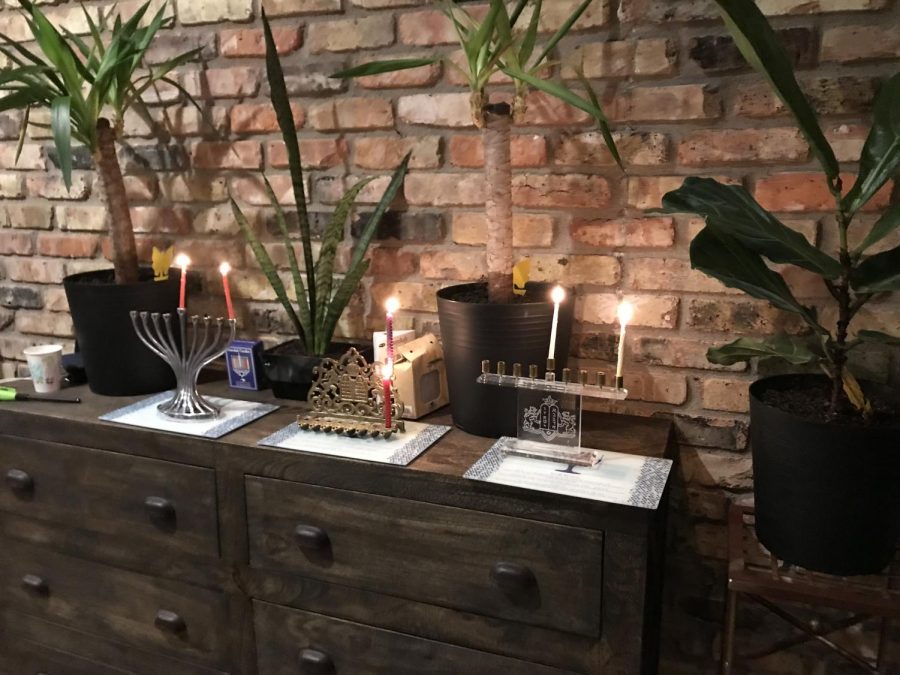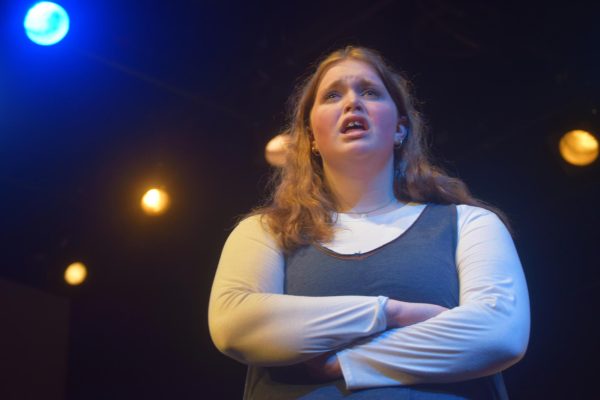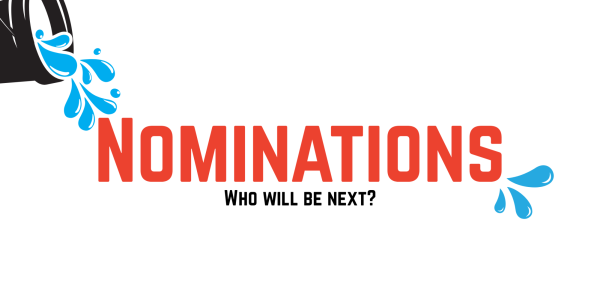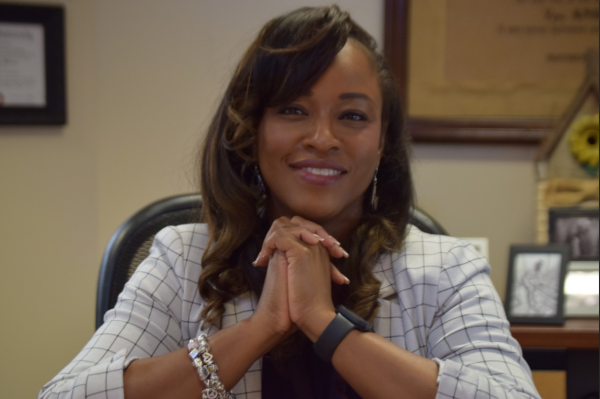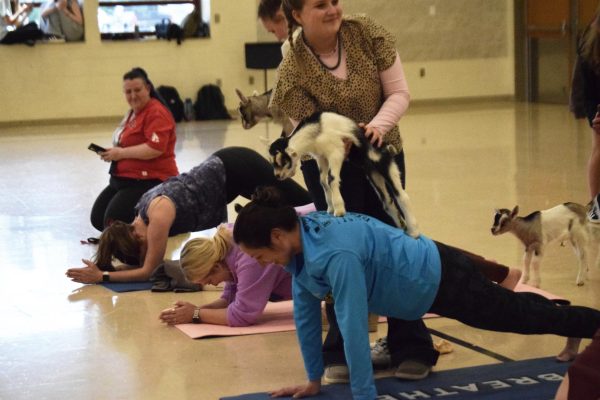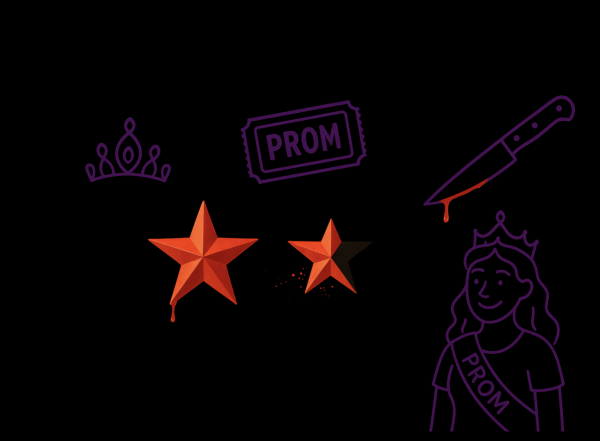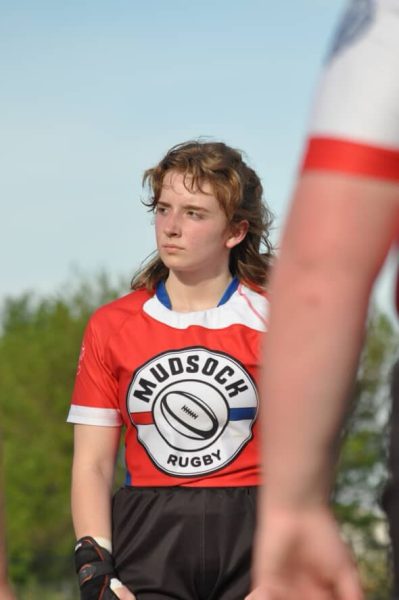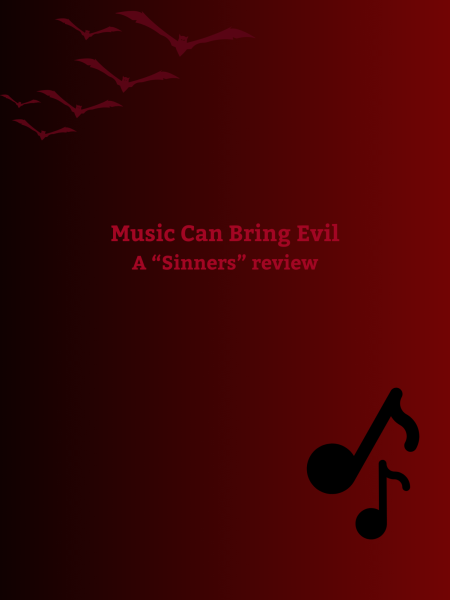How commercialization impacts Hanukkah today
Photo used with permission of Hannah Moore.
After sundown on Nov. 28, senior Hannah Moore and her extended family light their menorahs and say blessings to celebrate the start of the minor Jewish holiday known as Hanukkah.
After the temple was destroyed in Jerusalem in the 2nd century B.C., the Jewish people sought to reclaim it. According to Rabbi Jordana Chernow-Reader of the Indianapolis Hebrew Congregation, the Jews found what they thought was enough oil to burn the candles on the menorah for only one night, but instead, the candles burned for eight nights, allowing the Jews to rededicate the temple. The candles burning for eight days gave Hanukkah one of its many meanings: miracles.
“In the dark days of December, it’s a way to bring light back into the world, so that’s why we light a candle and why the Hanukkah lights get brighter and brighter each night,” Chernow-Reader said. “I think it’s just a lovely message of how we can all bring our lightness into the world.”
For senior Hannah Moore, Hanukkah, also known as the Festival of Lights, signifies fighting for what you believe in and keeping your faith. Typically, Moore spends one night of the celebration with her extended family and the other nights are spent exchanging gifts with her siblings. During the celebration, they light candles, say blessings, play dreidel and eat latkes.
In recent years, Hanukkah in America has taken on a new meaning. According to a Washington Post article, Hanukkah has become commercialized. Due to the commercialization of the holiday and its proximity to Christmas, Hanukkah has become known to some as “Jewish Christmas.”
“It [commercialization] can be offensive, especially when people who aren’t Jewish misunderstand the holiday,” Moore said. “But, it really comes back to corporations identifying Jewish people as a consumer group to be marketed to and attempting to make a profit without making the effort to actually understand our culture.”

In the Jewish faith, Hanukkah is known as a minor holiday as it is not in the Torah, but is rather found in The Books of the Maccabees. According to Moore, on major holidays, also known as a High Holiday, Jewish people have restrictions on what they can do, but on minor holidays, like Hanukkah, there are no such restrictions. So, when it comes to the importance of Jewish holidays, Hanukkah does not hold a candle to Yom Kippur, Rosh Hashana or Passover.
“There are a few holidays that are actually in the Torah and those are our most important holidays,” Chernow-Reader said. “Other holidays come from a little bit later between 300 and 500 B.C. and those are less theologically important.”
Before the commercialization of the holiday, Hanukkah was celebrated in a more traditional fashion. Chernow-Reader said that while playing with dreidels, lighting the menorah and eating latkes have always been a part of the tradition, exchanging gifts was a later addition. Even when gifts were added, they started out small. For example, Moore’s Zayde (grandfather) used to receive oranges or socks as presents when he was a kid.
“My Zayde’s version of celebration was certainly more traditional and without the influence of commercialization, but I won’t bemoan the culture of American Jews changing to see more gift giving,” Moore said. “It is not without its problems, and some may say it takes away from the religious aspect of the holiday, but Jews are big on tradition and I would never say that making new traditions is a strictly bad thing.”

Lily Thomas is the features editor and senior at Fishers High School. She enjoys writing, the autumn season, and matching her makeup to her outfits.


